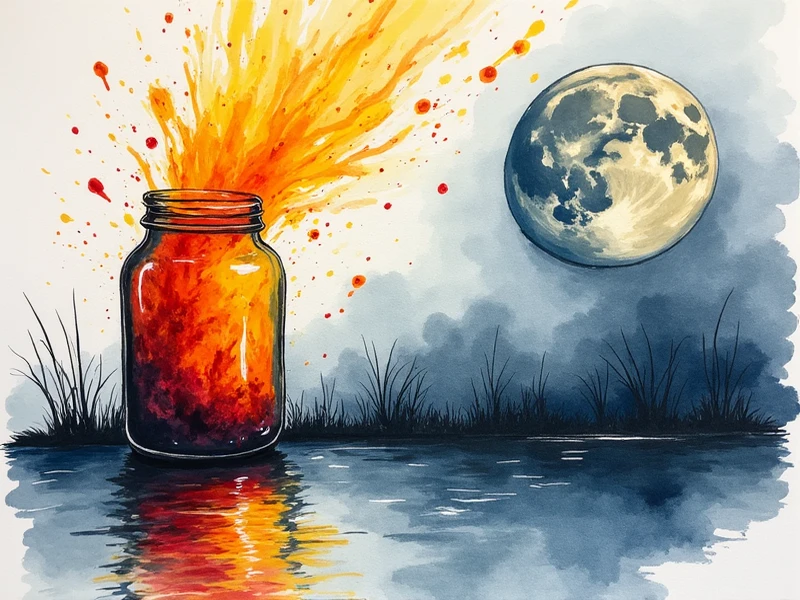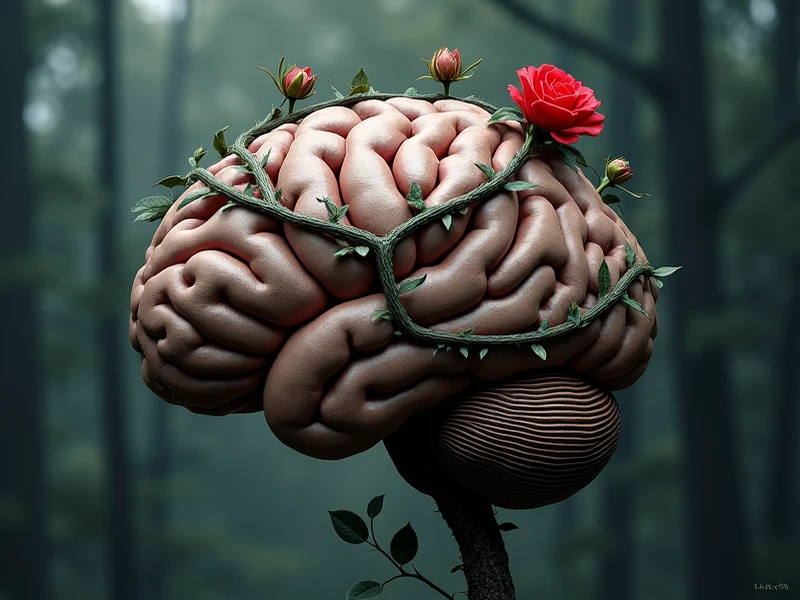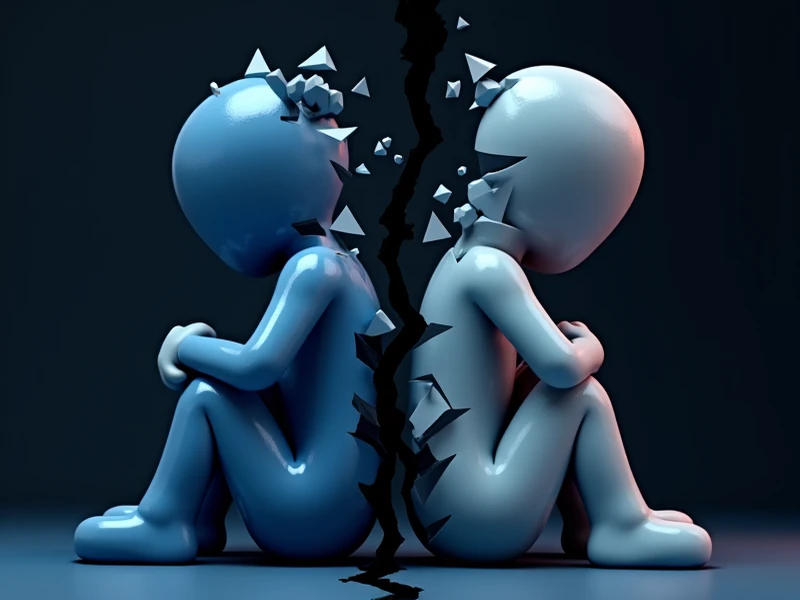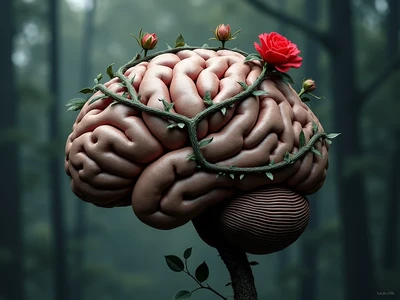Introduction to Mental Health: Stress, Anxiety, and Depression

Mental health is one of the most critical aspects of our overall well-being, yet it’s often overlooked compared to physical health. While you may know a lot about keeping your heart or lungs healthy, understanding the health of your brain is just as essential. Stress, anxiety, and depression are three major components of mental health that require attention.
This article will break down these elements, explore how they differ, and discuss how they often overlap. We’ll also share some simple, yet effective, coping strategies to better manage your mental health. Let’s start by laying the foundation: stress.
Understanding Stress: The Foundation
What is Stress? Defining the Term
Stress is an uncomfortable emotional state that affects everyone, regardless of age or life stage. It arises when you’re worried, scared, frustrated, angry, or overwhelmed. However, how people experience and respond to stress can differ greatly.
Some may feel nervous and worried, while others might feel overwhelmed or even angry when stress builds up. For example, imagine sitting in bumper-to-bumper traffic—feeling frustrated or furious is a typical response. Alternatively, a mountain of school assignments might leave students feeling overwhelmed. Everyone experiences stress uniquely depending on the situation and their personal coping mechanisms.
While stress itself is not inherently bad—it can motivate us to accomplish tasks or meet deadlines—persistent or overwhelming stress can harm both physical and mental health.
The Impact of Long-Term Stress on Physical and Mental Health
When stress becomes chronic, it can lead to serious physical issues, such as headaches, stomachaches, acne, and even life-threatening heart conditions. These physical symptoms are often early indicators that stress levels are dangerously high.
Chronic stress can also pave the way for mental health challenges, acting as a precursor to anxiety and depression. Without proper intervention, stress can disrupt daily routines, relationships, and overall well-being.
Knowing how to manage stress is crucial, not just for preventing physical conditions but also for safeguarding mental health. Let’s now dive deeper into anxiety and depression and explore how they both differ and relate.
Anxiety vs Depression: A Detailed Comparison
What is Anxiety? Beyond Just Being Nervous
Anxiety is much more than simply feeling nervous or worried about a particular event. It’s a long-term condition characterized by excessive fear or apprehension that affects behavior, sleep, eating patterns, or mood. Unlike temporary nervousness that fades after a stressful event, anxiety is persistent, often lasting weeks, months, or even years if left untreated.
People with anxiety frequently struggle to sleep as their minds race with worry or dread. Physical symptoms like tension, restlessness, and palpitations are also common. Anxiety might make simple tasks like eating difficult, as the stress response disrupts digestion and appetite.
It’s important to differentiate everyday nervousness from clinical anxiety. Nervousness is often triggered by specific situations, such as speaking in public or taking an exam, and disappears once the stressor is gone. Clinical anxiety, on the other hand, is a medical condition that interferes with daily life and requires professional help for proper management.


The Challenge of Depression
Like anxiety, depression is another critical mental health condition, but it manifests in a very different way. While anxiety is characterized by heightened fear or nervousness, depression is marked by feelings of persistent sadness, worthlessness, and hopelessness. People with depression often lose interest in activities they once enjoyed, feel fatigued, and may isolate themselves from others.
Unlike the temporary sadness most people feel after a difficult situation, depression is long-term, often lasting for weeks or months. It also comes with physical symptoms like changes in appetite, sleep disturbances, and even chronic pain. Just like anxiety, depression is a serious condition that often requires medical attention for treatment.
Depression vs Anxiety vs Bipolar
It’s important to note that while anxiety and depression are distinct conditions, they share some overlapping symptoms, and they can even co-occur. Furthermore, understanding how they compare to bipolar disorder provides additional clarity.
Unlike anxiety or depression, bipolar disorder is characterized by extreme mood swings, ranging from depressive lows to manic highs. These shifts can occur over days or weeks and are often disruptive to daily functioning. Differentiating these conditions—depression vs anxiety vs bipolar—requires a deeper understanding of mood patterns and triggers, as well as professional evaluation.
If you suspect you or someone you know is experiencing symptoms of bipolar disorder, it’s essential to seek medical advice to ensure a proper diagnosis and treatment plan.
Stress vs Depression vs Anxiety: Disentangling the Overlap
Stress, anxiety, and depression are distinct but interconnected. Stress is often a starting point—it’s the body’s physical and emotional response to challenging situations. However, when stress builds up over time without resolution, it can evolve into anxiety or depression.

- Stress: Temporary and triggered by specific external circumstances.
- Anxiety: Persistent fear or worry that disrupts daily life, often without a clear external cause.
- Depression: Persistent sadness and hopelessness that affect one’s emotions, thoughts, and physical well-being.
While stress is a normal part of life, anxiety and depression require professional guidance and support. Recognizing the symptoms of these conditions is an essential first step toward getting help.
Coping Strategies for Mental Health
Whether you’re dealing with stress, anxiety, or depression, certain coping techniques can make a difference. Here are some positive strategies to better manage your mental health:
- Prioritize Self-Care: Regular physical activity, healthy eating, and adequate sleep are key to maintaining balance.
- Practice Mindfulness: Techniques like meditation or deep breathing can help reduce stress and anxiety levels.
- Stay Connected: Talk to trusted friends or family members about how you’re feeling. Isolation often worsens these conditions.
- Limit Stressors: Whenever possible, identify and reduce the factors contributing to your stress.
- Seek Professional Help: Therapists and counselors can provide tools and guidance tailored to your unique needs.
In Closing: Mental Health Requires Active Care
Understanding the distinctions between anxiety vs depression is crucial for identifying which mental health challenge you or someone you know may be facing. Stress, anxiety, and depression are interconnected, but each requires a tailored approach to care.
As BrainTalking emphasizes, mental health isn’t just about overcoming challenges—it’s about equipping yourself with the skills to thrive. With the right strategies and support, you can better navigate stress, anxiety, and depression and lead a healthier, more balanced life.
Q&A: Frequently Asked Question
Q: What’s the first step to determine if I’m experiencing stress, anxiety, or depression? A: The first step is self-evaluation. Pay attention to the patterns in your emotions, physical symptoms, and behavioral changes. If you feel a persistent sense of sadness, fear, or exhaustion that interferes with your daily life, consider consulting a mental health professional. Their expertise can help distinguish between stress, anxiety, and depression, and outline the right treatment path for you.



